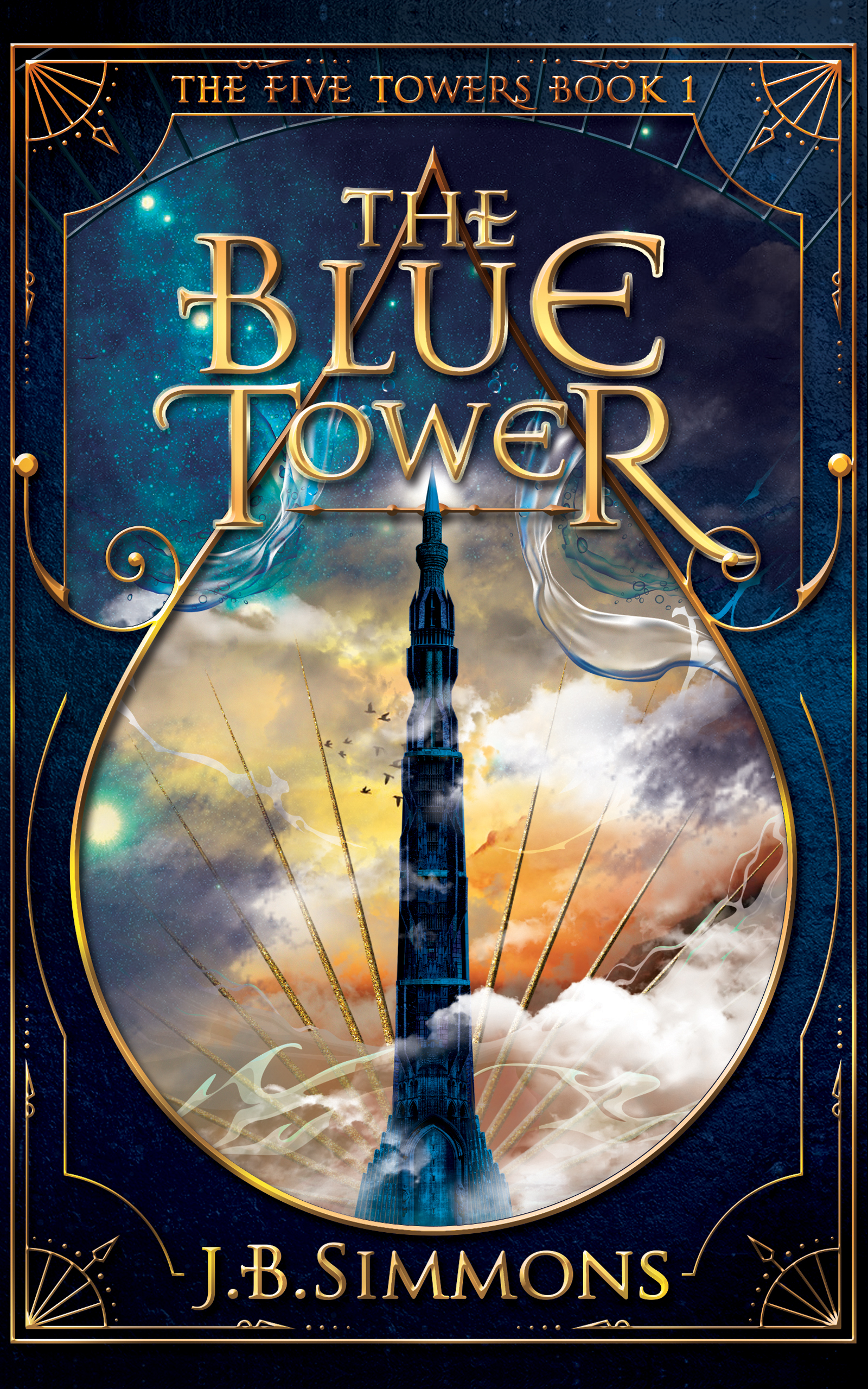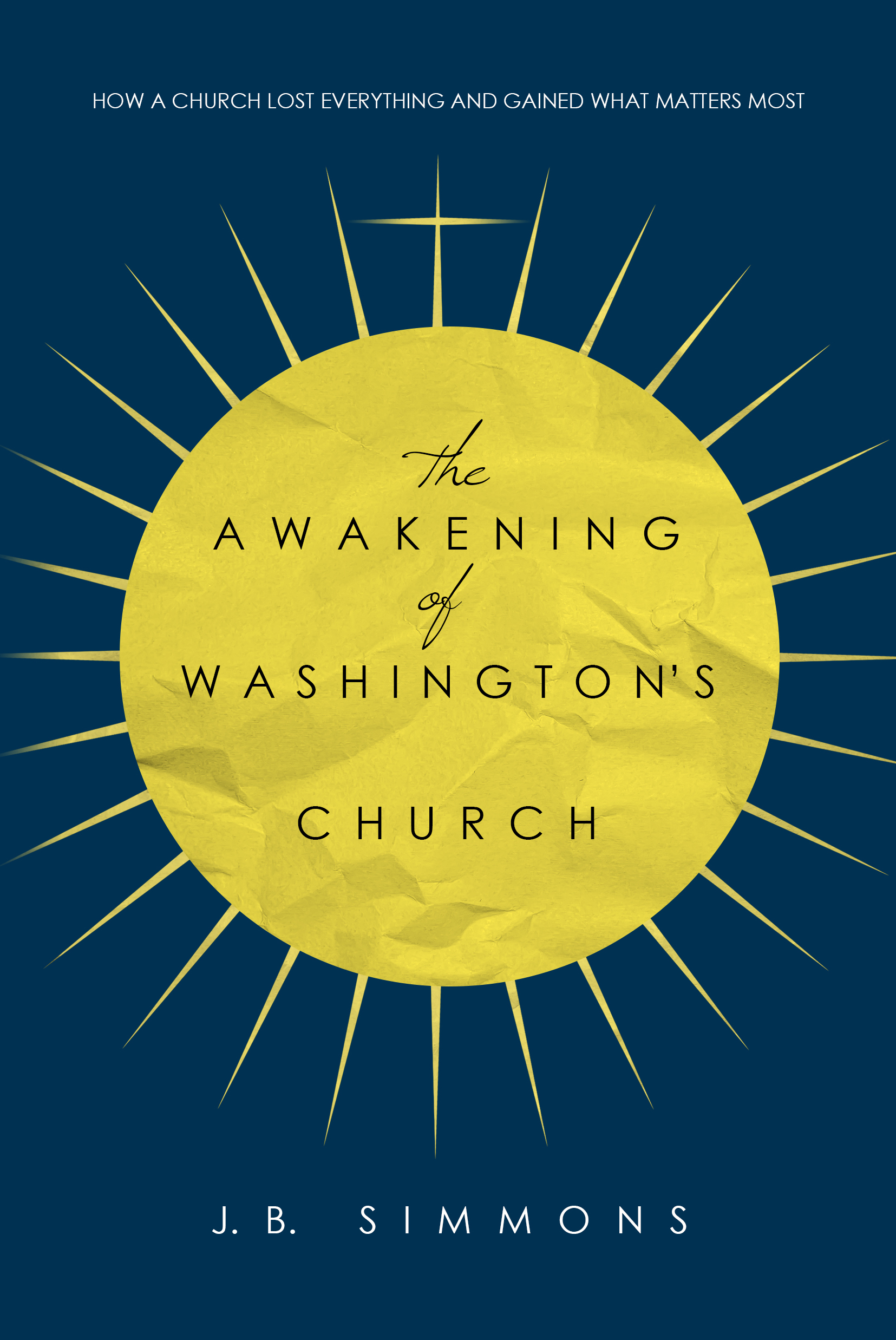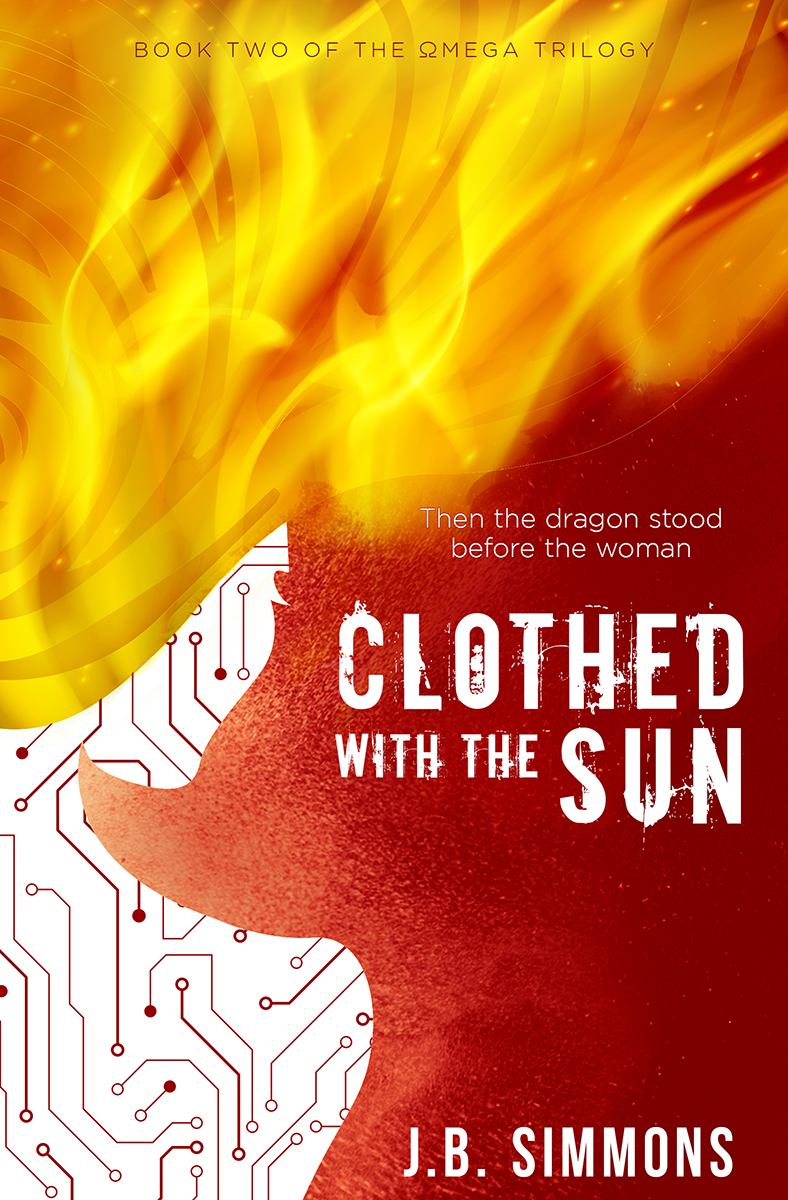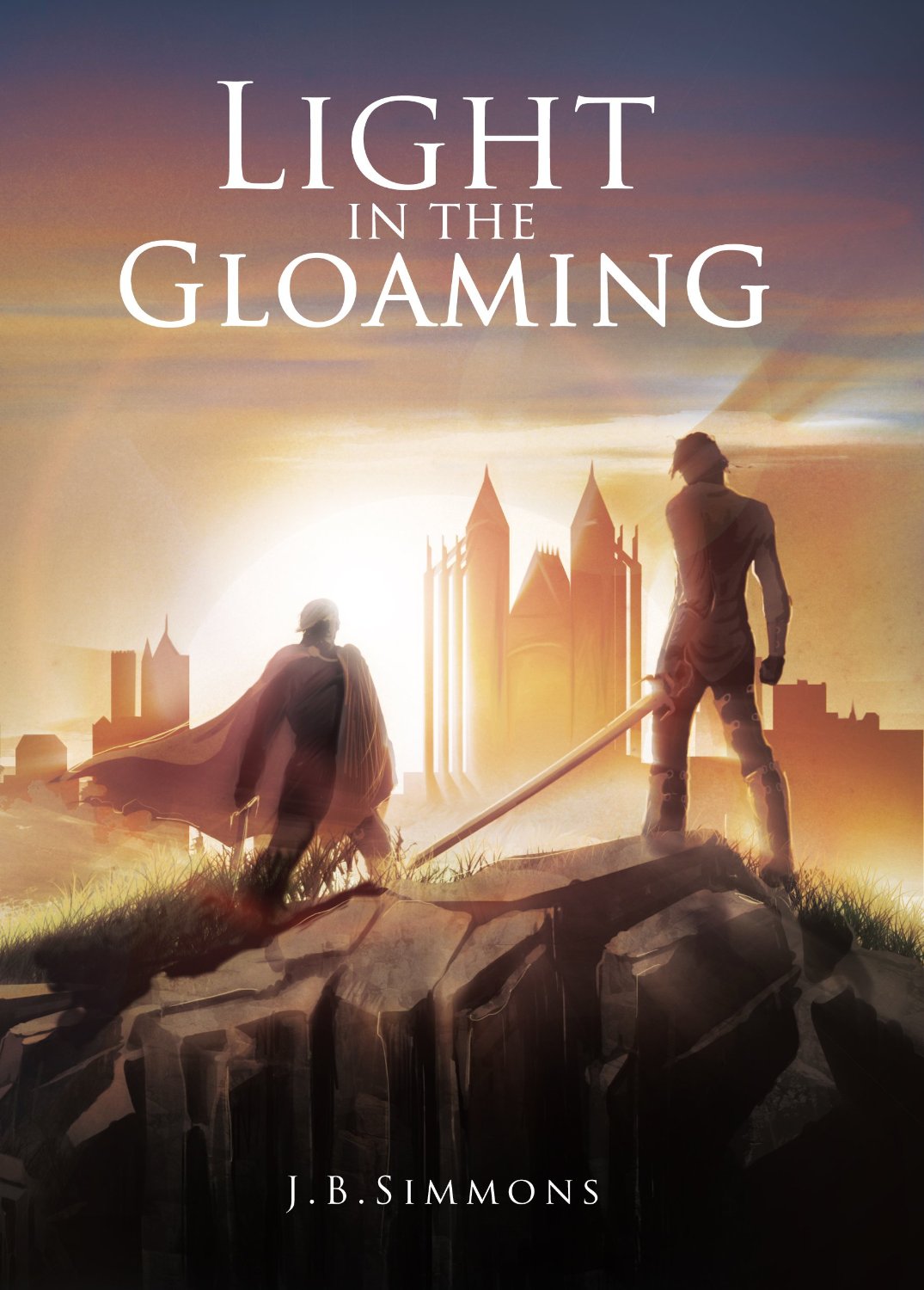The Alternative Happy Ending To Animal Farm by George Orwell
/Students typically read the classic, Animal Farm, by the brilliant George Orwell, in 9th or 10th grade. The message is so important and the writing is so good that I resolved to read it aloud to my younger kids, aged 13, 11, and 8. They loved it. But they also began to despair, as they should, as Napoleon the pig took the reins of the farm.
As we closed on the final two chapters, my kids implored me: does it have a happy ending? Alas, I had to say, it does not. The ending by Orwell is true and profound, but it is not (such is the way of the world) happy. So I wrote an alternative ending. Here it is, starting at Chapter IX. I would not change Orwell’s original, but this version will help readers yearn for the good to win and for tyrants to lose!
Chapter IX
Boxer’s split hoof was a long time in healing. They had started the rebuilding of the windmill the day after the victory celebrations were ended. Boxer refused to take even a day off work, and made it a point of honour not to let it be seen that he was in pain. In the evenings he would admit privately to Clover that the hoof troubled him a great deal. One evening Benjamin overheard this. He urged Boxer to work less hard, but Boxer would not listen. He had, he said, only one real ambition left—to see the windmill well under way before he reached the age of retirement.
Meanwhile, the winter was hard and food ran short. Squealer reminded the animals daily, with riveting speeches, that life was still better than under Jones. On a particularly blistering cold day, with week-old snow caked and brown on the fields, Benjamin responded to Squealer that, in fact, things were quite worse. “Even the rules seem to change every day,” he said. Squealer huffed in response and continued his speech.
The next day all the animals gathered, as was their custom on Sundays, and this time Napoleon attended. He had his dogs around him and his cockerel before him. Bags were under his small pig eyes, and he seemed to move slower than usual. Squealer spoke on his behalf. After a long discussion of the evils of humans, Squealer announced there was yet another traitor in their midst. An animal had been reached by Snowball.
The animals looked around, confused and afraid. The sheep bleated, “Four legs good, two legs bad,” but this time it did not seem to resolve the fear. After what seemed to be an hour of bleating, the old donkey Benjamin stepped forward. “I reckon it’s me,” he said.
“Yes, and you shall be executed upon your confession now!” Squealer did not seem surprised by the confession.
The dogs approached, growling. Benjamin did not back down. The first dog leapt for Benjamin’s throat but he stomped it away. The dogs were too many, too fierce. The bit at the donkey’s legs and sides. Benjamin fell to the ground.
But then a dog whelped and collapsed. Boxer had struck it, with his good hoof.
The reaction was sheer chaos. The spark of defiance ignited within the hearts of the animals, fueled by a shared sense of outrage. The animals of all varieties stomped and bit and bumped against the dogs. Clover and Muriel were at Boxer’s sides. Benjamin rose again and kicked as if he really meant it. Even the cat scratched at the dogs’ eyes. The sheep only bleated, but that too contributed to the confusion. A few of the dogs fled, but seven of them did not rise again. When the fight calmed, there was no sign of Squealer or of Napoleon. In fact, no pigs at all were in sight.
The animals did not know what to do. At Boxer’s suggestion, they went to the farmhouse to ask Napoleon what to do. But even after careful inspection, led by the rats, no trace of the pigs could be found. Napoleon and Squealer were never seen again. Rumor has it that the solicitor, Whymper, accepted them as guests, promising to provide much food and good mud until, at least, the Easter feast.
Things were dormant and frozen at Animal Farm in the following days. The animals did not know what to do, and it was so cold that they mostly decided to sleep. The pigeons, of their own free-bird ambitions, spread news of Napoleon’s treachery.
A few days later, a rather thin looking pig shuffled into the barn at dusk. It was Snowball. The animals gazed at him in wonder, vaguely remembering a fondness for him, but also remembering many more recent rumors of his treachery and danger. Snowball was quiet as he gazed over the animals, and then the commandments that hung on the wall.
“They have added words,” Snowball said.
No animal answered for a while, but then Benjamin said, “Whatever suited them. I almost think they wanted to be human.”
Snowball seemed to nod and almost smile in the dim light of the barn. “Well then, it is suitable that I share a proposal with you, for a vote, of course.”
The animals did not object. They were still so surprised by Snowball’s appearance, and they were nearly tamed by his gentle voice. He did not seem to be a traitor or a danger.
“We missed you,” Boxer said.
“Thank you, Boxer. It was a sad fate here. But one that we can end. I propose that we put Animal Farm up for sale. We will interview the buyers and select one who proves himself to be a good steward, with a particular fondness for animals.”
Again silence fell heavy in the barn. But the sheep ended that by saying, “Four legs good, two legs bad.” It carried on for a long time. Eventually, as even the sheep tired out, Snowball replied, “And animals who want to walk on two legs are also bad. Now, let us vote.”
“I have a question,” Benjamin said. “What will we do with the money?”
“The windmill still is not finished,” Boxer said. “I can work harder.”
Snowball turned to Boxer with a look of deep respect and fondness. “No, old friend. You have carried more than your burden. We will use the money to bring more animals here. A young colt and a mare, to help ease the load off Boxer. Another hen house so that our hens can have more friends and more eggs. We’ll also buy a good old donkey, a friend for you Benjamin. And a litter of kittens.”
This explanation was met with such joy that the vote came easily. There was only one abstention, which came from the cat, who meowed that any kittens not from her would only be a drain of the milk.
And so Snowball, with input from all the animals, began to write up the advertisement to sell Animal Farm. Snowball knew that securing a benevolent human to purchase the farm was crucial for its long-term success. He wrote the description as follows: “Animal Farm for sale for a fair price. Purchaser must have pets, and children who like them. No animals will be removed or harmed after purchase. Naming rights will go to the buyer.”
Several farmers soon expressed serious interest. Snowball formed a committee, which included Boxer and Benjamin, but not the sheep, to interview the candidates. The first farmer seemed fine until his son started to chase a hen around the hen house. The next few said they would like to have children, but that life had been very busy. It was the fifth farmer, a young man named Joshua, who passed the interview. He had good answers, about how he too had seen leaders go bad with power. He had fought in a war in which England had tried to protect their freedoms. But it was his family who won the animals over. His wife arrived with apples as gifts. Their three children sat quietly and smiled at the animals during the whole interview. The young daughter, at the end of the questions, offered Boxer a carrot and petted his nose softly. “You’re such a strong horse,” she said.
The animals sold the farm to the farmer before he left the property. They moved in within the week. Joshua decided to keep the name, Animal Farm, because the family rather liked it. They took down the list of commandments. They also decided that the windmill was unnecessary. They used the stone to build a fine trough that the children filled with fresh water for the animals every morning. When the next winter came, the family invited Snowball to live in the farmhouse, where he enjoyed a life that would have made any pet dog jealous. Boxer became a legend among animals across the county and attracted many visitors.
And so Animal Farm continued for many generations of horses, pigs, hens, and, of course, sheep, whose chant gradually changed to, “Four legs good, two legs smart.”









